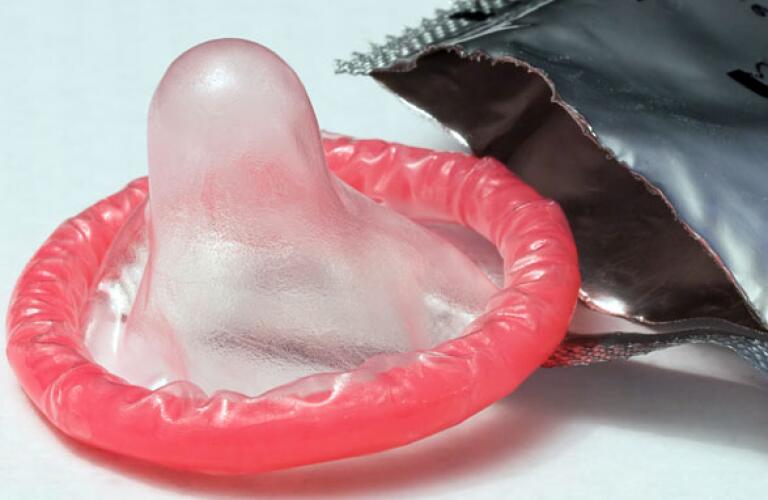
Consistent use of condoms help prevent sexually transmitted diseases (STD) and unwanted pregnancies. But for some men, the fear that condoms may cause erectile dysfunction (ED) gets in the way of regular use.
Is condom-associated ED a possibility? Yes, but are condoms a cause of chronic ED? Not at all.
There are many possible physical and psychological causes for ED. For example, ED may be an early warning sign of heart disease or diabetes. It may also be a result of medications taken to treat other conditions such as high blood pressure. For some men, depression, stress and/or problems within a relationship may be factors. There is often more them one cause of ED.
That said, condom-related erection problems may occur in some men, and as a result, these men may develop a fear of using condoms in the future. Some men may get distracted and lose their arousal when they stop sexual activity to put a condom on, resulting in the inability to keep an erection. One study suggests that men who experience condom-associated erectile problems may just need more time or more intense stimulation to become aroused.
Regardless of what’s driving it, condom-induced erectile dysfunction is not a long-term problem, and it’s not a good reason to forgo condoms. Condoms are highly effective at preventing infection by HIV, the virus that causes AIDS, as well as other STDs such as chlamydia, gonorrhea, and trichomoniasis.
Sexual health experts recommend trying the following four tips to help overcome the fear of condom-associated ED.
1. Talk to your doctor.
Condoms don’t cause ED. If you are having problems achieving and maintaining an erection sufficient for sexual intercourse, discuss it with your doctor. There may be other things going on that need to be evaluated. Successfully treating ED starts with identifying the true causes.
2. Size matters.
If a condom is too large and falls off during intercourse, it can reverse an erection. Learning how and when to properly put on a condom can help prevent discomfort, distraction and other problems that could undo an erection. Sample different types, textures and sizes to see what works best for you and your partner.
3. Consider lubrication.
Try adding lubricant to the inside of the condom. This may make sex feel more pleasurable. However, some suggest not applying lubricant so as to maintain contact between the condom and penis in order to prevent slipping. Find out what works for you. You can also apply additional lubricant to the outside of the condom along the penis. Warming sensation lubricants are also available and may help maintain an erection.
4. Don’t stop.
Continue to engage in foreplay and ask your partner to put the condom on for you. This will help eliminate the distraction cited by some men.
Don’t sacrifice safe sex for great sex–they are not mutually exclusive. Safe sex can and should be great sex.



